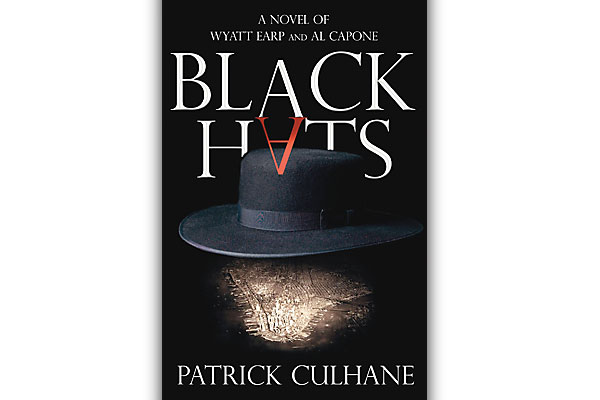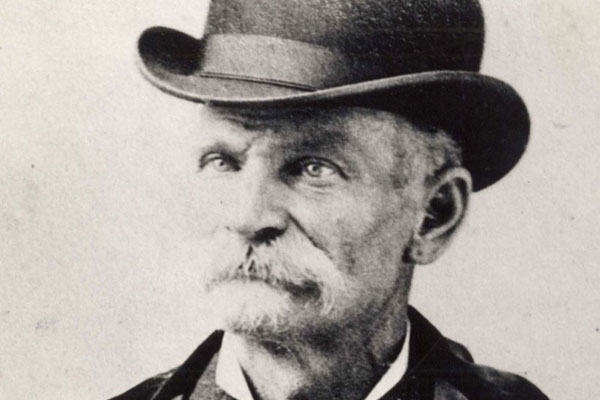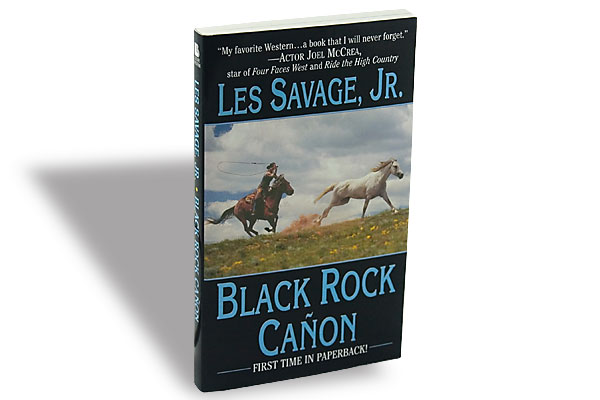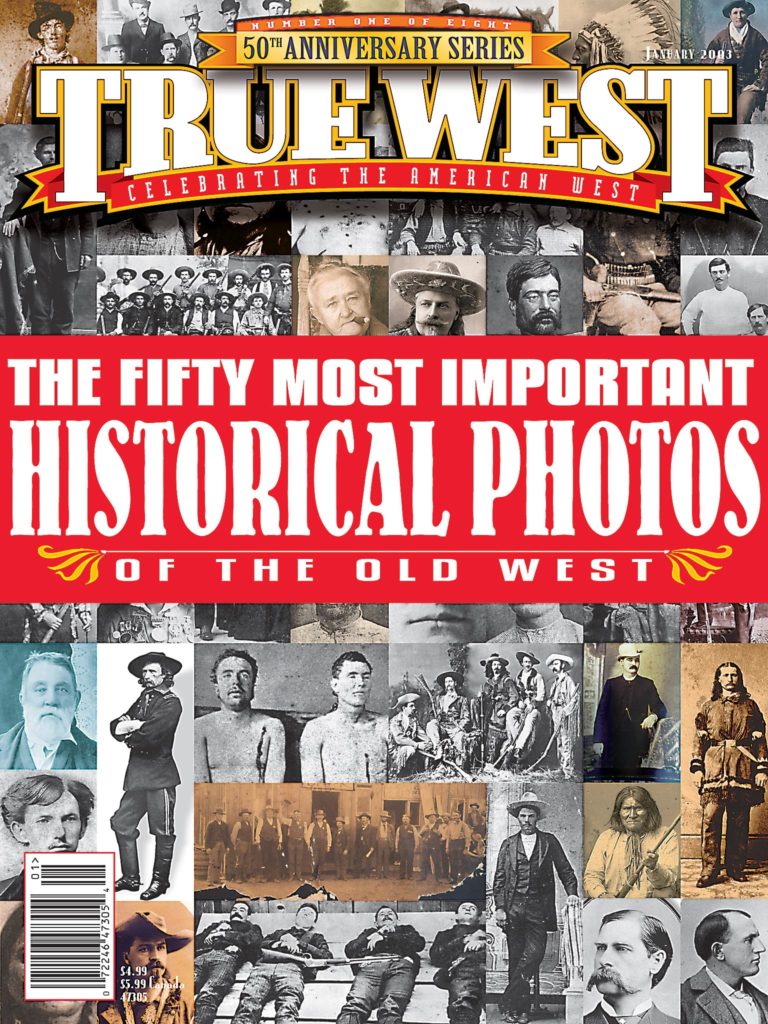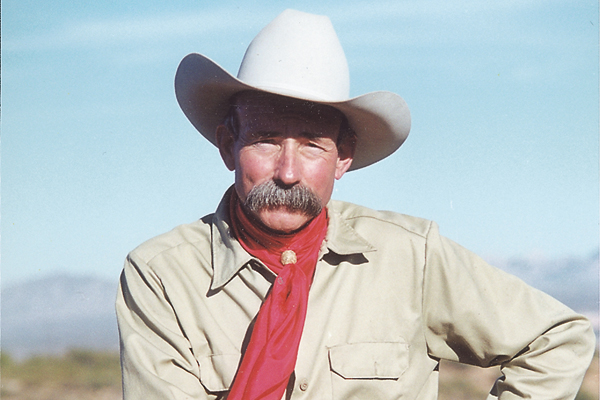 The real Baxter Black is as witty off stage as when performing.
The real Baxter Black is as witty off stage as when performing.
One phone conversation can prove it. But being a Western humorist isn’t only what he does these days: it’s who he is, to the core. Gifted with the talent of making people laugh, Baxter truly understands the life his audience actually leads.
“I write about the working man,” he explained in a recent interview. “I am one! That’s the point of view I write from. I write about and for the hired hand and the working cowboy. Everyman. They’re the real heroes of the West.”
A household name in some parts, Baxter Black has the distinction of being not only a Western humorist and cowboy poet, but also a syndicated newspaper columnist, a commentator for National Public Radio and the author of one successful novel and 14 books of poetry and humor. His newest book, Horseshoes, Cowsocks & Duckfeet, was recently published by Crown Publishers.
Already established as a cowboy poet, Baxter was invited to the first cowboy poetry gathering in Elko, Nevada, in 1985. “In those days,” he said, “I didn’t know what a cowboy poet was. I didn’t even know I was one. That gathering drew the likes of Waddie Mitchell, Wallace McCrae, Mike Logan, Nile Henderson and myself, all in one place. It was a revelation.”
Prior to that time, Baxter had been a veterinarian in Colorado and the Northwest. Observant and perceptive, he saw the ways in which man and his fellow creatures interacted. His ability to retell the adventures between them became the basis of his homespun, endearing poetry that is at once timeless, universal, and above all, funny. “Think about it,” he explained. “If a man gets run over by a tractor, it’s tragic. If the same man is run over by a cow, it’s funny. That’s just the way it is.”
Maybe that’s because when animals win, man is humbled. To regain our self-respect, it helps to tell stories about our foibles. The laughter makes it easier to swallow our pride. Whatever the reason, Baxter is a master at easing pain. He explains part of his success at creating humor like this: “I learned early on that if you can talk funny, you can write funny. But you have to write like you talk, which drives editors crazy. In terms of material, let’s just say I write about animals and the people who care for them. That’s what I know.”
Baxter’s poetry always rhymes. He once asked Montana poet Paul Zarzisky, whose poems do not rhyme, how he knew what he was writing was actually poetry. Paul replied, “It’s jagged on the right.”
Baxter, whose poems line up evenly, uses three criteria for his own work: (1) perfect meter and perfect rhyme, (2) original thought and (3) a strong ending. “After all,” he emphasized, “the audience needs to know when you’re done!”
His fans are understandably awed by Baxter’s love of language and the grasp he has for the truth of things. “It is the truth in humor,” he believes, “that makes stories funny.”
For we who love Baxter’s poetry, one might wonder when he’s telling a real story or just a made-up tale designed to help us see ourselves and smile. No matter. The value of humor is its ability to mirror society and move on. It’s the laughter that counts, as well as the relief, joy and benefit we feel when we are touched by someone who understands just how hard life can be, and like Baxter Black, celebrates it anyway.


